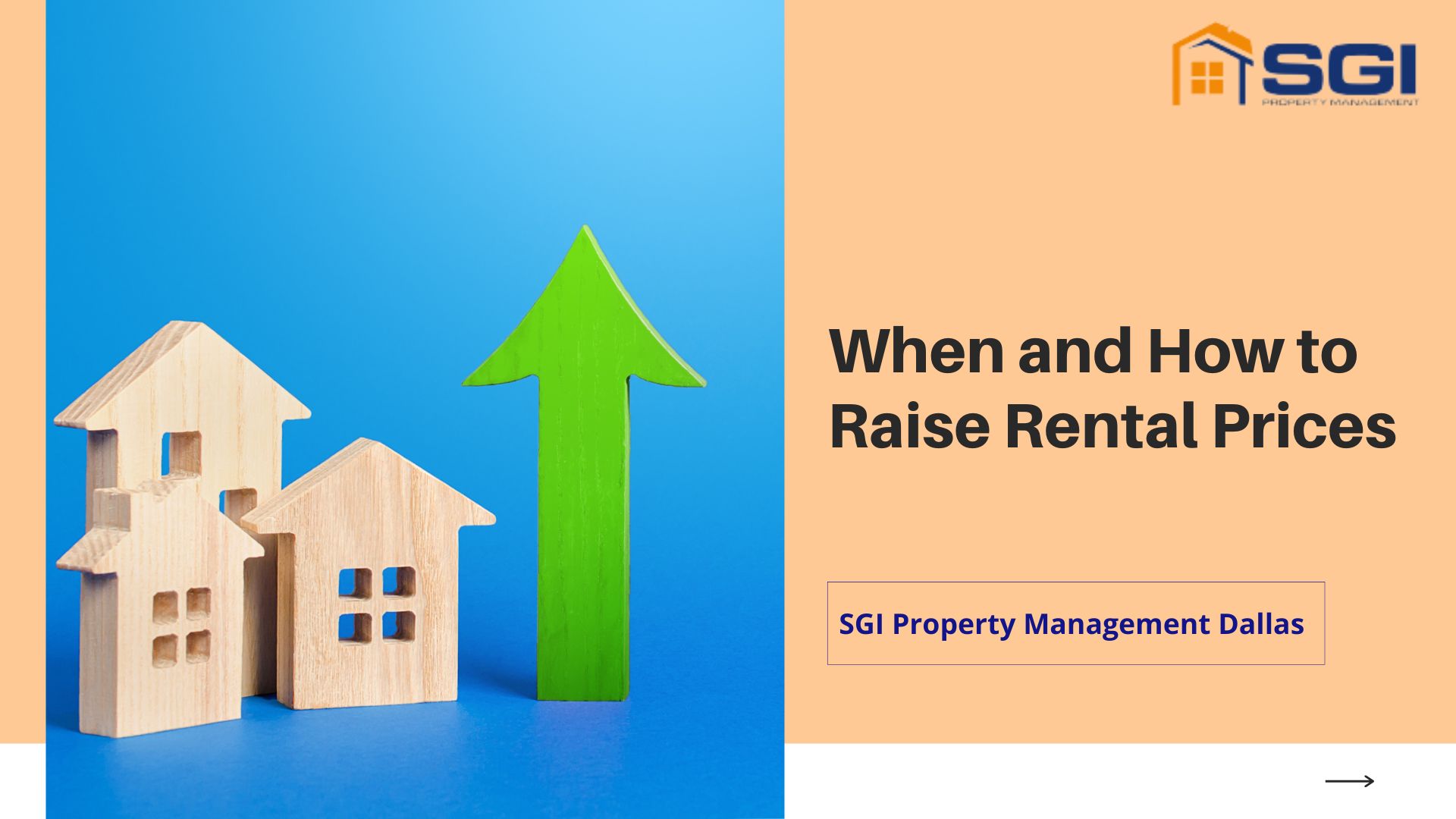
Regardless of how you're investing in rental property, all property owners keep a keen eye on the consistent flow of rent from their properties. Among other ways, increasing rent is a common way to increase one's income.
Earning higher rent from a rental property comes with its own set of challenges. The biggest fear for landlords is losing a loyal and quality tenant who has been paying their rent on time. On the flip side, an increase in demand, property costs, management, and other maintenance costs could validate an increase in rent.
Rental laws
You will agree that property is one of the most regulated industries. There are laws governing ownership, sale/ transfer, installation of fittings & fixtures and many more. Similarly, there are laws that govern the raising of rent.
Laws pertaining to rent are different in every state and local area, the law might set a percentage cap on how much you can raise rent by. In some areas, you might not be able to raise rent beyond a certain dollar amount.
Knowledge of these laws is important. Interpret and apply them correctly to ensure that you are on the right side of the law at all times.
Lease agreement clauses
A lease agreement is legally binding. By both parties signing on it, they are agreeing to the terms and clauses within it. Ideally, the lease agreement should contain information on rent escalation, percentage of escalation, and other pertinent information.
There should also be a notice period allowed for within the lease agreement. The inclusion of a rent escalation clause prepares the tenant psychologically on what they should expect.
It contains the rights, obligations, and also the expectations that each party should expect during the term of the lease. While you would regularly increase rent and keep up with increased living costs, it would be ideal for that to be a clause in the lease agreement.
Always customize the lease agreement and its clauses to match the needs of the property, neighborhood, and other important key variables.
How Much Can You Increase Rent By?
While there is the legal aspect attached to raising rent, there is also the market derived analysis to consider.
To answer this question, you will have to conduct market research. Conduct a physical and digital inspection of similar units in the area. You will have to look at units that share the same amenities i.e. size, bathrooms, outdoor spaces, parkings, etc.
Another important variable that you should consider is the occupancy rates. The number of vacancies in an area is an indicator of the performance of the sub-market. Fewer available units in the area means that the residential sub-market is in high demand.
It would only be ideal to raise rent when there is an increase in demand for your particular type of property. Should the number of vacant units be on the rise, it would be ideal to hold off.
Typically, a rental increase varies from 3% to around 5%. This is a ballpark figure that should also be measured against what local laws say about the same.
Upgrades and Renovations
Market research will give you knowledge for what competitors are offering. You will be able to appreciate newer fittings, fixtures, and appliances in modern units in your neighborhood. These contemporary amenities allow your competitors to charge higher rent for their units.
Making upgrades and renovations to your rental property will give you good justification for increasing the rent per month. From our understanding of the market, tenants are willing to pay extra for quality spaces in the market.
Notification
You will realize that most tenants have very strict budgets that they will adhere to. And while the rent escalation might be part of the lease agreement, they might have forgotten about it. Giving your tenant ample notice is not only prudent but key to maintaining good relations with your tenant.
From our experience in the Dallas property market, the typical notice period is around 45 to 60 days. You could have a longer notice period, however.
Conclusion
You will need to consider the inclusion of the law, market study, and tenant management. All these are important considerations that will determine the performance of your rental property.
Managing the rental policy in your investment property is one of the issues that you will be dealing with as a rental property owner.
For all the management needs of your Dallas rental units, you will need a trusted service provider. Look no further than SGI Property Management. We are the leading service provider in the region managing over 500 units. Get in touch with us for an affordable quote for a comprehensive solution.









